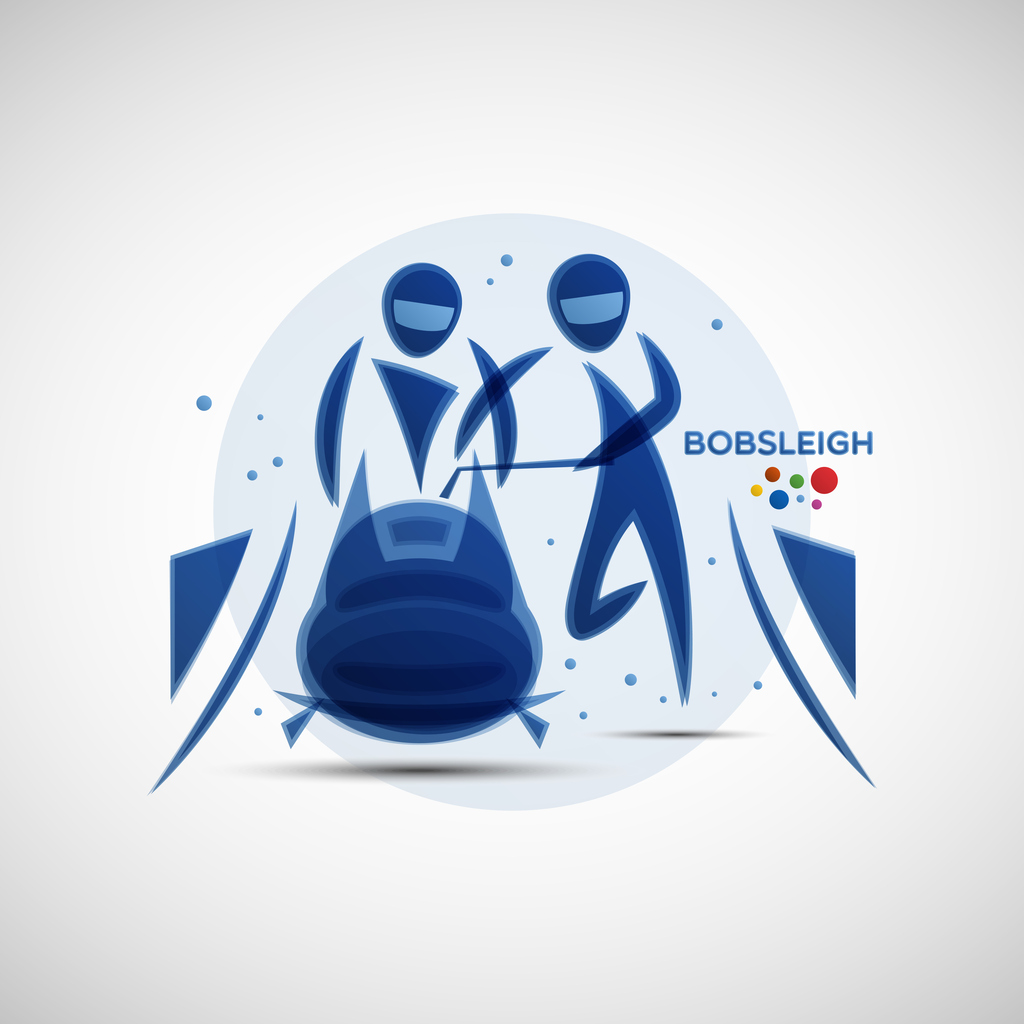Bobsled rules are made by the International Bobsleigh and Skeleton Federation (IBSF). The IBSF creates rules for all bobsleigh and skeleton competitions at the European Championships, World Championships, World Cup, and Winter Olympics. More information about how the IBSF came about and the structure of their organization is described below.
The IBSF was created in 1923 when delegates from Great Britain, France, Switzerland, Canada and the United States agreed to conditions of the organisation in Paris, France.
The original name for the organization was the Fédération Internationale de Bobsleigh et de Tobogganing (FIBT) but changed this was changed to IBSF in 2015. The organization currently acts as an overarching organization for 14 national bobsleigh and skeleton associations.
How did the FIBT come about? The growth of bobsledding as a sport and early competitions in countries such as Switzerland required better regulations and fairness by the early 1900s. Competitions on natural tracks in places like St Moritz in Switzerland were happening but the rules were often ad-hoc. The making of the FIBT in 1923 was a reaction to a more transparent and consistent approach to the rules of the sport. The FIBT wa s included into the International Olympic Committee (IOC) and other international sled organizations from across Europe were also absorbed into the FIBT. A separate section for Luge competitors was also created but was stopped when the FIL left the FIBT in 1957.
s included into the International Olympic Committee (IOC) and other international sled organizations from across Europe were also absorbed into the FIBT. A separate section for Luge competitors was also created but was stopped when the FIL left the FIBT in 1957.
Skeleton had been a popular winter sport in Switzerland and Austria since the late 1800s. The 1926 FIBT approved skeleton as a Winter Olympic sport and it became part of the 1928 Winter Olympics in St. Moritz. Skeleton returned to the Olympics when in 1948.
Skeleton went into obscurity because luge replaced it at the 1954 IOC meeting in Athens, Greece, The sport became more obscure as result. However, it made a resurgence beginning in the 1970s and the FIBT started promoting skeleton training schools by 1986. Skeleton reappeared at the 2002 Games in Salt Lake City.
The IBSF is a truly international body that considers the rules of skeleton and bobsledding. The responsibility for competitor safety and fairness in competitions are some of the main reasons for the organization. The organisation also deal extensively with anti doping and takes the matter very seriously. The IBSF will continue to evolve as the sport changes and competitors or the public’s expectations change over time.

